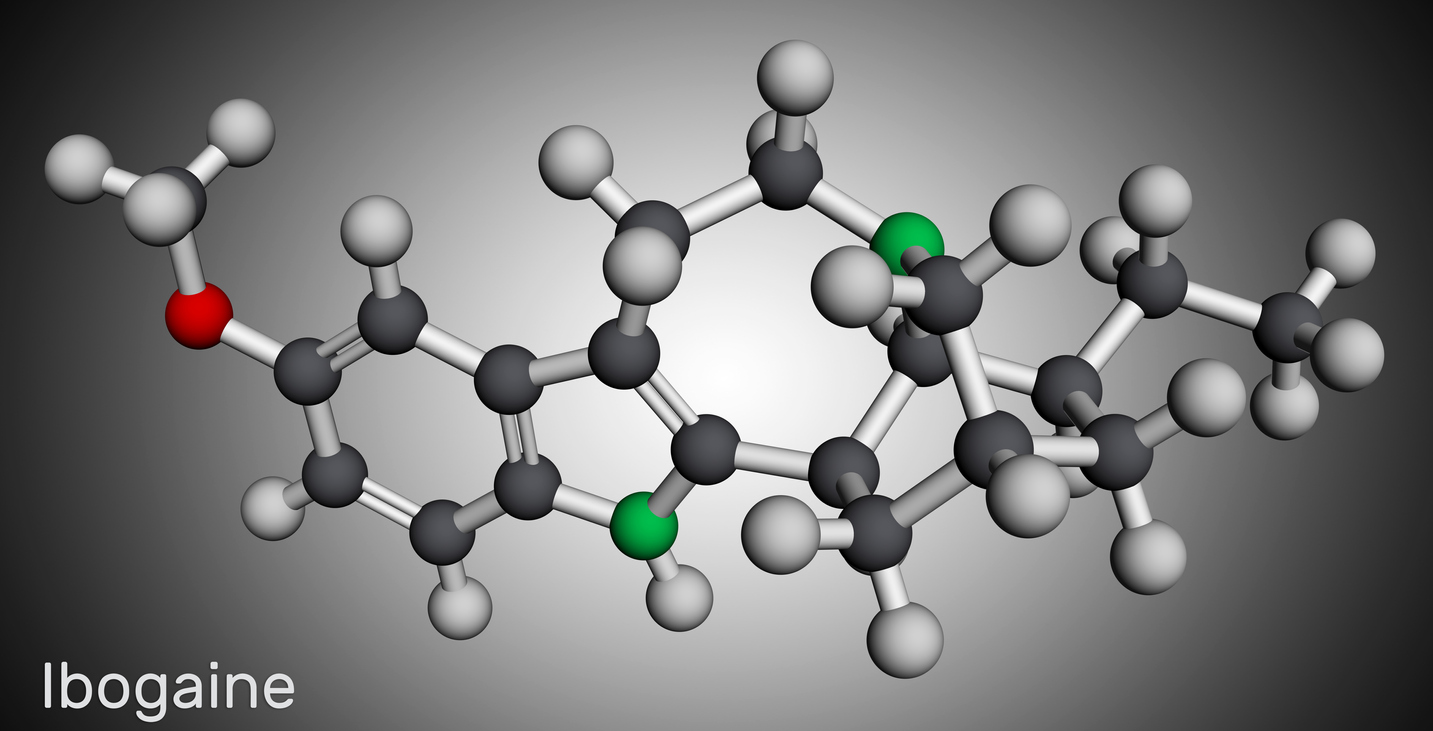A question that has been making the rounds in drug addiction circles lately is, exactly what is ibogaine and can it be used to treat addiction?
In this blog post we will learn more about what ibogaine is and whether it is a recommended treatment for drug addiction.
What Exactly is Ibogaine?
Ibogaine is actually a psychedelic compound derived from a shrub known as iboga in Western and Central Africa. The compound has long been used by tribesmen in Africa for initiation rituals and healing ceremonies.
Used in small doses, ibogaine can work as a mild stimulant but when taken in large doses it can put you into a severe psychedelic state.
This is probably why some people use large doses of ibogaine to relieve the symptoms of opiate withdrawal and reduce cravings. The effects of the drug, however, are short lived.

Can Ibogaine Be Used to Treat Addiction?
Researchers across the globe have been investigating the potential of ibogaine to treat neuropsychiatric conditions and addiction. Some countries such as Brazil, New Zealand, and South Africa already classify ibogaine as a licensed pharmaceutical substance for professional use.
There are also people who claim that ibogaine can be used to treat opiate addiction. However, the substance has not been approved by the FDA as a safe treatment for addiction. It is in fact classified as a Schedule I drug in the U.S.
A Schedule I drug in the United States is any substance that could easily lead to abuse. It is also worth mentioning that the use of ibogaine in humans has at times resulted in severe side effects and even unexplained deaths.
Ibogaine has been classified as a Schedule I drug but researchers have continued exploring it further to determine its efficacy in addiction treatment since the 1990s.
Anecdotal reports about the drug show that it has promised to treat addiction but take note that these are not scientifically-based reports but hearsay and historical accounts.
One of the key issues that makes it difficult to use ibogaine as an addiction treatment is its scarcity. It is currently difficult to find large quantities of the drug because of human overexploitation of the iboga plant.
There are also safety concerns about the use of ibogaine. Medical studies have found that the compound can accumulate in fatty tissues and possibly cause heart problems. People are known to have died of ibogaine toxicity. The hallucinations caused by consuming ibogaine can be quite severe lasting for as long as 24 hours.
Some studies still suggest that ibogaine can help by changing addiction-related pathways in the brain. Others state that it can affect signaling in parts of the brain and prevent addictive behavioral effects.
Ibogaine Risks and Side Effects
As a Schedule I controlled substance, ibogaine is classified among substances that do not have accepted medical use, lack evidence of safety, come with a high risk of addiction and abuse, and could potentially be dangerous.
Moreover, ibogaine can potentially be toxic when used in large quantities and can lead to risks such as convulsions, paralysis, and death due to heart or respiratory failure. Reports by MAPS in peer-reviewed journals show that 30 people have died after taking ibogaine.
As much as ibogaine has shown promise in early research, the DEA has classified it as a dangerous substance in the United States.
It is not approved by the FDA possibly because there has not been enough clinical research to support its safety and efficacy in the treatment of opioid addiction. There is no way to confirm how the substance can be used therapeutically.
Although ibogaine shows some potential, more research needs to be conducted especially on its safety before it can be used as a treatment for drug abuse and addiction. Ibogaine is highly discouraged as a form of treatment as it is illegal and has been known to cause death.
Get Quality Addiction Treatment from Qualified Professionals at Innovo Detox
If you or your loved one has a substance or alcohol addiction problem, do not jump into every alternative drug therapy that comes your way, such as the use of ibogaine.
Most alternative drug therapies promise to offer a cure but have not been scientifically tested and found to be safe. Innovo Detox offers the best addiction treatment option in your journey toward recovery.
As a standalone private detox facility that offers addiction treatment in Pennsylvania, Innovo Detox specializes in treating people suffering from substance abuse, addiction, and other co-occurring disorders.
Our experts use the latest evidence-based and individualized approaches custom-tailored to address your individual needs at our facility for addiction treatment in Pennsylvania. You can learn more about our detox programs on our website.
Stop suffering in silence and take the first step to regaining control of your life.
If you or someone you know needs help for addiction or co-occurring disorders, please give us a call. Innovo Detox offers the latest in evidence-based medical, psychiatric, and clinical care for those in need of detox and medical stabilization in Pennsylvania and the surrounding Mid-Atlantic area. If we aren’t the best fit for you or a loved one, we will take the necessary time to work with you to find a detox, rehab, treatment center or provider that better fits your needs. Please give us a call at (717) 912-4297 or email our team at info@innovodetox.com.
